- Vučić asserted this month that Serbia has one of the strongest armies in the Balkans, noting the "great number" of tanks it had received from Russia before its invasion of Ukraine.
- He pledged to continue buying arms from China and other countries, including anti-aircraft systems, fighter planes and drones.
Serbia expresses 'deep disappointment' as Kosovo seeks purchase of US anti-tank missiles
The U.S. State Department said later Thursday that it approved the possible sale of the 246 missiles and related equipment to Kosovo for an estimated cost of $75 million.
"This proposed sale will support the foreign policy goals and national security of the United States by improving the security of a European partner which is an important force for political and economic stability in Europe," the U.S. State Department's Bureau of Political-Military Affairs said.
KOSOVO TO DOCUMENT SERBIAN WAR CRIMES WITH INSTITUTE DEDICATED TO 1998 CONFLICT
Kosovo is a former Serbian province which declared independence in 2008. The U.S. and most Western nations recognize Kosovo’s statehood, while Serbia as well as allies Russia and China don't.
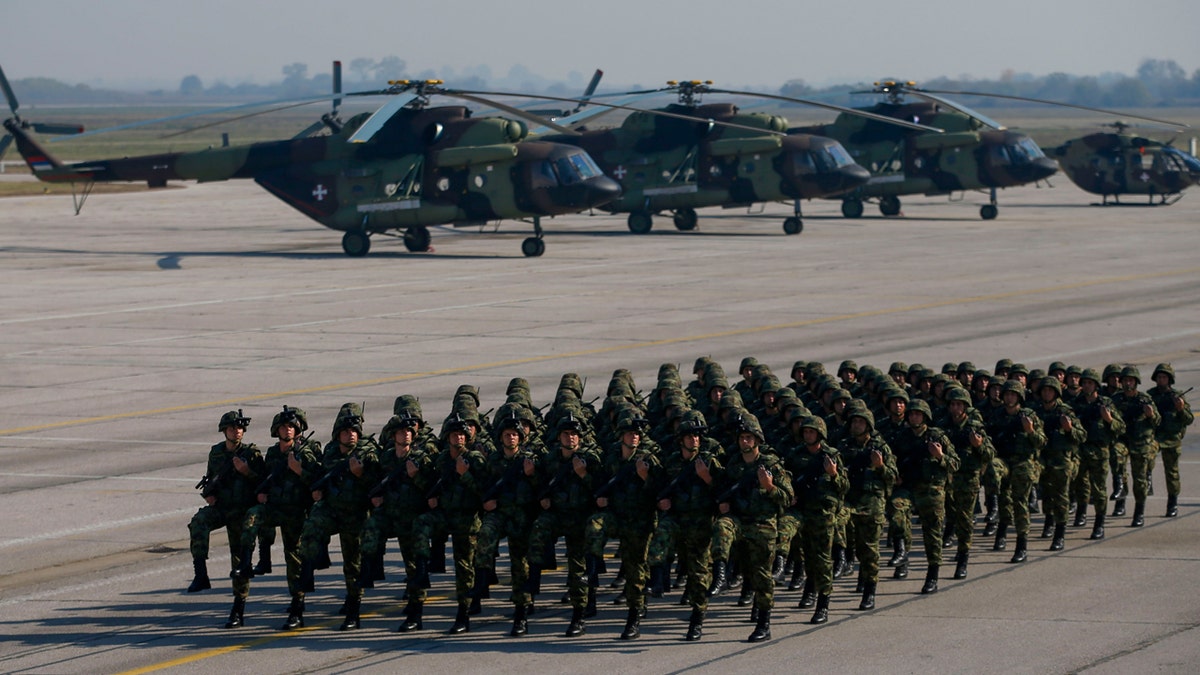
Soldiers perform drills at Batajnica, a military airport near Belgrade, Serbia, Oct. 19, 2019. (AP Photo/Darko Vojinovic, File)
The proposed sale of the missile system to Kosovo comes during tensions in the region. Several times in recent months, Serbia has moved its troops to the border that is guarded by NATO-led peacekeeping troops and Kosovo’s armed forces, in what were seen by the West as hostile actions.
=========================================================================
‘Disappointed but not surprised’ – Serbia reacts to US arming separatists
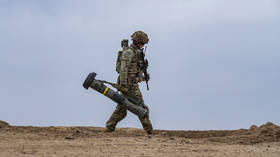
- The US ambassador in Belgrade, Christopher Hill, informed Serbian President Aleksandar Vucic of the potential sale during their meeting on Thursday.
- The State Department has greenlit the deal, involving 246 weapons worth an estimated $75 million.
While Serbia can’t change US policy, it will respond by bolstering its military capabilities, he added.
NATO bombed Serbia for 78 days in 1999 on behalf of ethnic Albanian separatists in Kosovo.
- The province was then placed under a UN provisional government while Security Council Resolution 1244 guaranteed Serbian sovereignty.
- Ethnic Albanians declared independence in 2008 with US support, but Serbia has never recognized the move, despite continued pressure from the West.
Vucic has vowed “never” to recognize Kosovo but also to strive for EU membership, which has made recognition an explicit condition of admission.
In its approval of the sale of Javelins, the State Department described Kosovo as “an important force for political and economic stability in Europe.”
Vucic has previously insisted that Serbia would not allow “another pogrom” in Kosovo – referring to the 2004 anti-Serb riots that NATO peacekeepers tolerated for almost a week – and has repeatedly complained about the West turning a blind eye to Pristina’s repressive moves against the remaining ethnic Serbs in the breakaway province.
The missile deal still requires approval by the US Congress. Congresswoman Claudia Tenney, the New York Republican who chairs the Congressional Serbian Caucus, has already condemned it as “misguided and dangerous” and said she would oppose it.
- The US has supplied them in large quantities to Ukraine since 2019, and they were reported to be in short supply as of mid-2022.
- They are jointly produced by Lockheed Martin and Raytheon Technologies, the latter of which used to employ the current US Secretary of Defense Lloyd Austin on its board of directors.
++++++++++++++++++++++++++++++++++++++++++++++++++++++++++++++++++++++++++
___________________________________________________________________________________
Petrovic: Washington's delivery of missiles to Pristina sends a clear message that it firmly supports the completion of Kosovo's independence
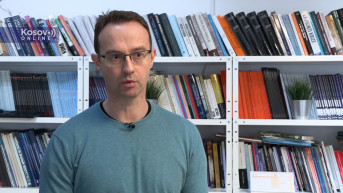
Predrag Petrovic from the Belgrade Center for Security Policy (BCSP) stated today for Kosovo Online that by approving Kosovo's request to purchase Javelin anti-tank missiles, Washington was sending a clear message that it supported the consolidation of Kosovo's independence and that they could count on American military assistance.
The expert notes that the Javelin system is a type of modern anti-tank equipment, assessing that it will significantly enhance the capabilities of the KSF.
"These are very modern anti-tank missile systems, and it would certainly enhance the capabilities of the Kosovo military. The Kosovo military has already procured Bayraktars, and with this package of equipment, they will have a very strong deterrent force primarily directed towards Serbia and any potential, as they say, return of the Serbian Army to Kosovo and attempts to annex a part of Kosovo", Petrovic pointed out.
According to him, the future delivery of military equipment to Kosovo should be viewed exclusively as a warning to Belgrade and an alert that "they should not play or think about any potential future military operations".
"Washington is primarily sending a message to Belgrade not to dare to attempt military intervention, especially in northern Kosovo, because it will face very modern systems effective in tank combat. Additionally, Washington is sending a message to Pristina that it firmly stands behind the consolidation of Kosovo's independence and can count on military assistance", Petrovic concluded.
___________________________________________________________________________________
Hill’s Return to Belgrade Spells Challenge for Serbia
Hill’s diplomatic aim will be to put pressure on President Aleksandar Vucic on key issues of interest to the US.
News of his nomination comes at a time of rapidly strengthening relations between Serbia and China, the most active foreign policy player in Serbia since the beginning of the pandemic.
“The United States does not want to see the strengthening of Russian influence in Belgrade. Serbia is buying military equipment and that is necessary, but it is worried that it is procuring weapons from Russia. Also, in order to satisfy the great infrastructural needs, Serbia is turning to China. We need to show Serbia that we offer a better model, that we are a better alternative than Russia and China,” Hill said.
His statement sent an important message to other key players in Serbia that Washington will strengthen its presence in order to counter these increased foreign influences. Hill was clear on this, that Serbia needs to build resistance to harmful external influences that come primarily from Russia and China. . .
“The US supports Serbia’s strategic priority, its membership in the EU, but Belgrade must accelerate reforms in order to meet EU standards,” he said.
Hill also dedicated part of his speech to regional issues in the Western Balkans, emphasizing that the US sees Serbia as the key to regional stability.
Frustrated by the lack of progress in the EU-led Belgrade-Pristina dialogue, Hill said he believed mutual recognition of Serbia and Kosovo would unleash Serbia’s European potential and strengthen regional stability.
_____________________________________________________________________________________
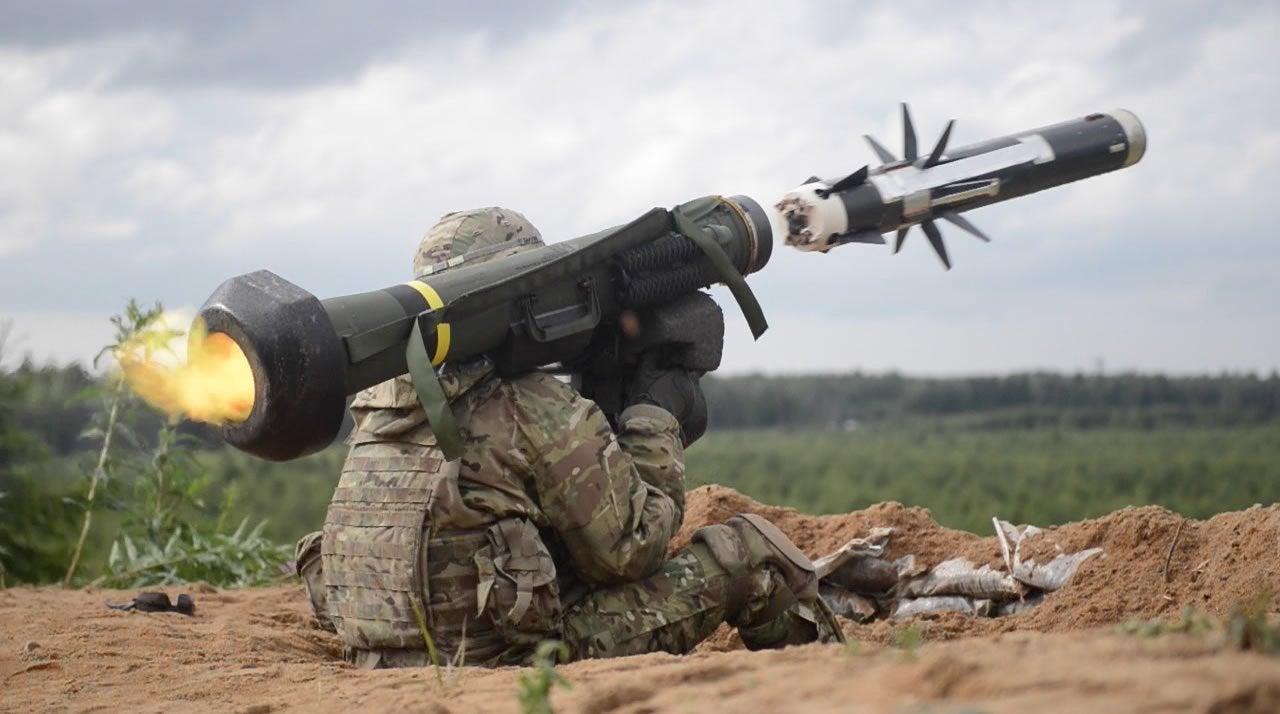

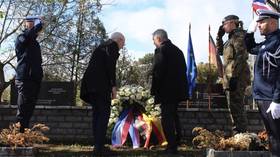
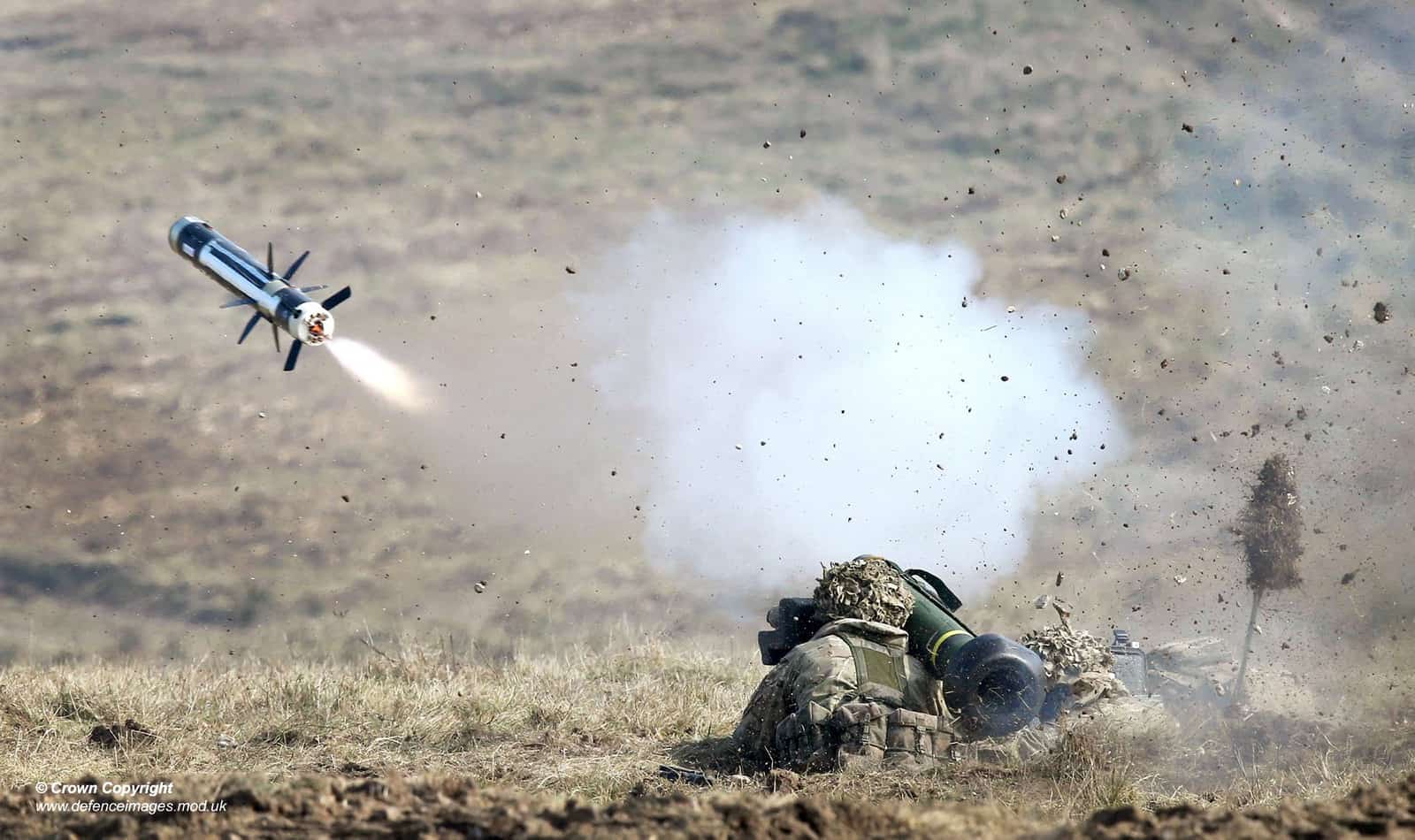

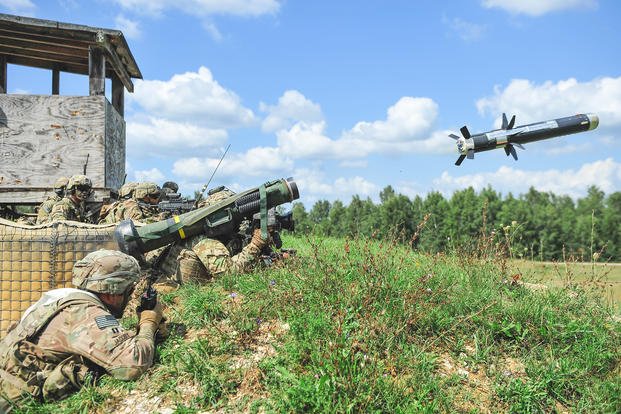


No comments:
Post a Comment